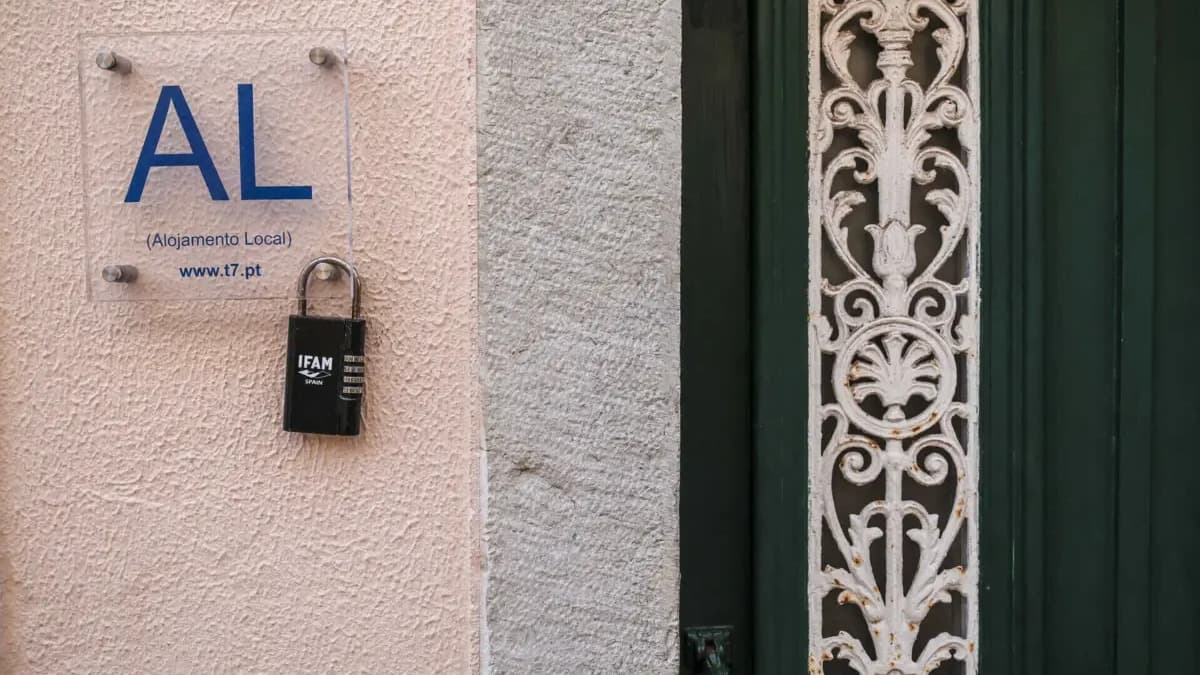Azores Balances Tourism Growth with World-Leading Sustainability Strategy
The Azores' regional government has formally announced its strategy to manage the increasing tourism demand by reinforcing its commitment to sustainability, a policy that has positioned the archipelago as a global benchmark. Tourist arrivals and subsequent economic impact have grown significantly since the 2015 liberalization of airspace, which introduced low-cost airline routes to the islands. A recent study commissioned by the government and conducted by EY Parthenon revealed that tourism generated €889 million in gross value added in 2023, representing 17% of the region's GDP and contributing to 57% of its economic growth since 2017.
This growth prompted the government to seek and achieve certification as a sustainable destination. In 2019, the Azores became the first archipelago in the world to be certified by EarthCheck, the leading global scientific benchmarking and advisory group for the travel and tourism industry. After five years of continuous improvement and external audits against nearly 400 indicators, the region was awarded the prestigious 'Gold' certification in 2024. Carolina Mendonça, coordinator of the destination's sustainability management structure (DMO), stated that the positioning is based on a continuous process of improvement, with the Azores demonstrating performance above best practices in environmental conservation, green areas, and destination safety.
Tourist arrival statistics have shown a steady increase, leading to what officials describe as 'pressure' on certain popular locations rather than 'mass tourism.' Data indicates that visitor flows are highly concentrated at specific times and places, such as the Furnas Valley and the Sete Cidades viewpoints on São Miguel island. In response, authorities have implemented management systems to mitigate the impact. For instance, access to the popular Lagoa do Fogo is now regulated by a shuttle service, for which 50,000 tickets are sold annually. Berta Cabral, the Regional Secretary for Tourism, also announced the upcoming launch of a government-funded Integrated System for Intelligent Monitoring of Tourist Flows. This system will use real-time data to analyze visitor patterns across all nine islands, enabling a more balanced distribution of tourism and reducing strain on infrastructure.
The economic impact of tourism is significant, with the sector acting as a key driver for the regional economy. The government's strategy aims to leverage this growth to benefit other local industries. The development has been largely driven by local entrepreneurs, ensuring that a substantial portion of the revenue remains within the archipelago. This is supported by regional incentive systems and a favorable tax environment. The focus is on attracting what Mendonça calls a "tourist who respects the territory, who leaves value, and who has more immersive experiences." This approach is reflected in the market, where the value proposition is shifting from budget travel to high-quality, premium experiences. Filipe Rocha, co-founder of the Azores Wine Company, noted that the price for local wine grapes has surged from €0.80 per kilo to between €4 and €7, making them the most expensive in Portugal.
Despite the successes, the rapid development has created infrastructure pressure and community concerns in some areas. The government's 2019-2030 Action Plan identifies resident dissatisfaction with tourist congestion as a key challenge. The official response emphasizes that tourism must first and foremost be beneficial for the local population. Initiatives to link tourist taxes directly to local improvements are being considered as a way to address this. Another significant challenge is the shortage of qualified human resources to serve the growing sector. The government has responded with programs like 'Vale + Formação' and 'Vale + Remuneração' to support skills training and offer better wages, benefiting over 1,000 individuals in 2024.
Need Expert Guidance?
Get personalized insights from verified real estate professionals, lawyers, architects, and more.
Community relations are a central pillar of the sustainability plan. The DMO established 'Green Teams' on each island, comprising representatives from municipalities, NGOs, and business associations, to ensure local challenges are addressed collaboratively. This stakeholder involvement was highlighted by the EarthCheck auditors as a critical component of the Azores' success. The government also promotes a voluntary 'Sustainability Charter' to align private businesses with the region's goals. While adherence is optional, it is encouraged through positive reinforcement, with some experts suggesting that subscribers could receive preferential treatment in the allocation of community funds.
Sustainable tourism initiatives are being championed by the private sector as well. Projects like The Blue House on São Miguel, a rural accommodation built with recycled ocean plastic and prefabricated materials to minimize waste, have received regional sustainability awards. On the island of Pico, the Azores Wine Company has been a catalyst for the revitalization of the local wine industry, promoting organic certification and creating 40 jobs. These businesses prioritize local sourcing, from food products to furniture, creating a multiplier effect within the local economy. This synergy between public policy and private enterprise is shaping the future of the Azores as a destination that values preservation as much as profit.
The government's long-term tourism strategy, outlined in the PEMTA 2030 plan, continues to focus on developing a high-value, low-impact tourism model. The international reputation of the Azores as a certified sustainable destination is a core part of its brand, attracting both discerning travelers and investors interested in sustainable development. The ongoing commitment to monitoring impacts, engaging with the community, and investing in smart management solutions indicates a proactive approach to navigating the challenges of growth. The future development of the tourism sector in the Azores will depend on maintaining this delicate balance, ensuring the unique natural and cultural resources that define the archipelago are preserved for generations to come.
Discover rental property opportunities and regulations at realestate-lisbon.com.




